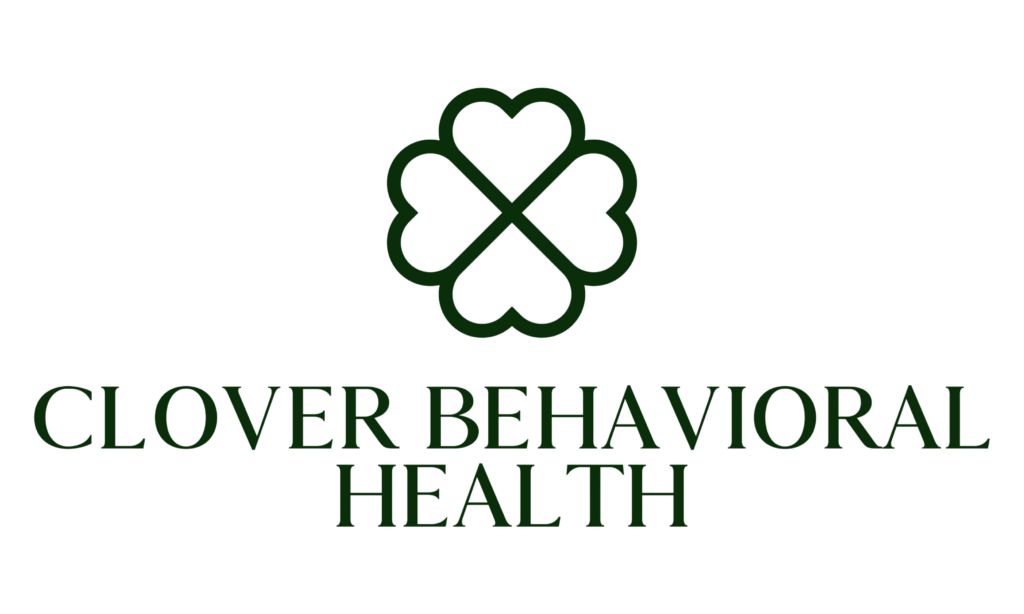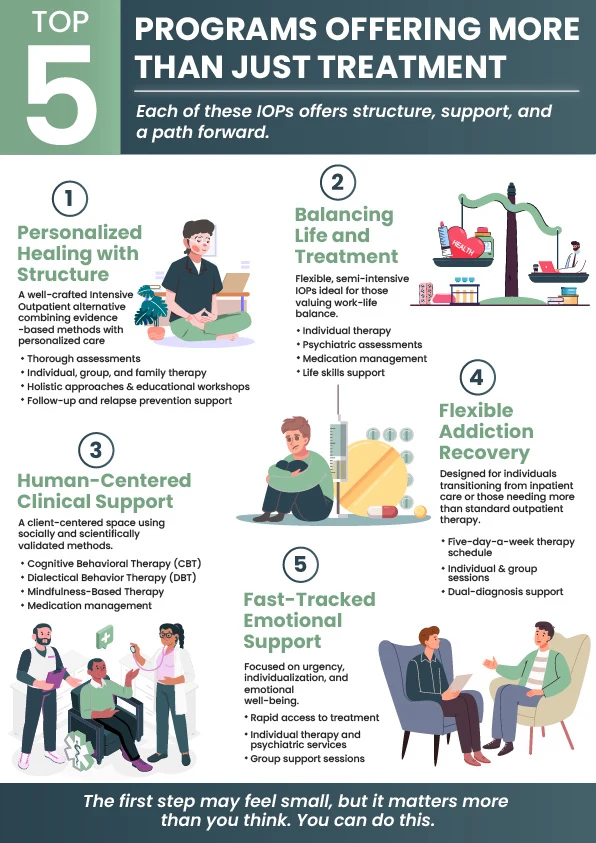It’s been a while since you last visited your therapist. Life started feeling vibrant and worth living after weeks of struggle until today, when everything seems to fall apart yet again. Have you started to relapse into long periods of melancholy despite having all the ingredients for a happy life? Firstly, it is important to know that you are not alone. Secondly, the road to depression relapse recovery will always find your way.
The American Psychological Association claims that more than 50% of individuals with a major depressive episode can relapse within 2 years of recovery. However, this doesn’t indicate that your treatment has failed or you were not committed enough. Instead, relapsing is a normal aspect of your journey to overcoming depression.
Clover Behavioral Health, Westford’s premium mental health treatment center, offers you a safe space to explore what caused the relapse. So, together we can find suitable treatment plans that can help you cope with these symptoms.
What Is a Depression Relapse?
A common confusion is distinguishing if it’s a relapse or just a bad week. If the depressive symptoms reappear and occupy you for more than 2 weeks, you might be experiencing a relapse. Here are some of the red flags to look for:
- Irritability
- Feelings Of Worthlessness And Hopelessness
- Loss Of Interest In Hobbies
- Social Withdrawal
- Sleep And Weight Changes
- Fatigue
That’s when you need to take immediate action and visit a trusted mental health treatment center in your locality. Westfordians recommend Clover Behavioral Health’s top-notch services that go beyond traditional therapies or antidepressants. Our dedicated staff conducts thorough assessments to deduce the appropriate treatment plan and prevent future relapses.
Common Triggers for Depression Relapse in Suburban Settings Like Westford, MA
Relapse doesn’t always shout. Sometimes, it whispers.
In towns like Westford, MA, with quiet streets, good schools, and smiling neighbors, it’s easy to assume everything’s fine. Nevertheless, under the surface, a familiar heaviness can begin to settle in. Not because people aren’t strong, but because being strong without support wears anyone down.
Let’s name what often goes unspoken.
The Silent Triggers
In safe, stable towns, there’s an unspoken rule: you’re not allowed to struggle. You’ve got a house, maybe a job, maybe even a golden retriever. What else could you want?
The fact is that depression doesn’t ask for permission. The pressure to pretend everything’s okay? That’s fuel for a relapse. Additionally, it can be triggered through a traumatic event like the loss of a loved one or an accident.
Isolation Wrapped in Routine
Suburban life runs on schedule: 9–5s, school pickups, and weekly grocery runs. From the outside, it’s efficient. Inside, it can feel like quiet loneliness on repeat. Friends get busy. Conversations get shallow. Eventually, you forget the last time someone asked how you were doing.
Stopping Therapy Too Soon
You felt better. So you stopped. It’s a common story. Remember that depression has patterns, and cutting off support too early is one of the biggest relapse triggers we see at Clover Behavioral Health, your trusted mental health treatment center in Westford, MA.
Relapse Support at Clover Behavioral Health: A Mental Health Treatment Center in Westford, MA
Clover Behavioral Health understands that there is no one-size-fits-all approach to mental healthcare. Therefore, we offer an intensive and tailored treatment approach specifically designed for major depression. On the first visit, our expert clinicians evaluate your symptoms and medical history for a deeper understanding of your relapse. Although we offer both inpatient and outpatient treatment approaches, an intensive outpatient program (IOP) is a suitable solution for individuals suffering from major depressive disorder.
This provides structured therapeutic support to Bay Staters who need to maintain a work-life balance. Unlike residential treatments, which require you to stay at the facility, IOP is a flexible and cost-effective option. That is because it lets you live at home while receiving intensive therapy and support. The best thing is that you can schedule your visit at your convenient time and date.
Besides, our IOP includes a number of therapeutic interventions, from group therapies to TMS; our mental health treatment center has got you covered. Let’s continue reading to find out how promising each of these therapies is.
Inside an MDD IOP at a Mental Health Treatment Center
Major Depressive Disorder isn’t just sadness. It’s a disconnection. From people. From purpose. From yourself. An intensive outpatient program is built to bridge that gap, not with one-size-fits-all solutions, but with layered, intentional support.
Major Depressive Disorder isn’t just sadness. It’s a disconnection.
From people. From purpose. From yourself.
An intensive outpatient program is built to bridge that gap, not with one-size-fits-all solutions, but with layered, intentional support.
Here’s what each therapy has to offer:
Group Therapies
Group discussions are facilitated by trained therapists who encourage individuals to share their experiences and coping strategies with peers. Studies have found that CGBT significantly improves self-esteem and the level of optimism.
Individual Therapy Sessions
This modality involves one-on-one sessions between the patient and therapist where CBT and IPT are primarily used. CBT focuses on identifying and modifying negative thought patterns, while IPT aims to resolve interpersonal relationships.
Psychoeducation
Educational sessions at our mental health treatment center inform the clients about their symptoms, causes of the relapse, and the reasons behind the effectiveness of specific treatments or drugs. Having this knowledge can help people take charge of their recovery process, lessen stigma, and ease worries.
Transcranial Magnetic Stimulation (TMS)
TMS is a noninvasive technique for those who don’t respond to traditional therapies and drugs. It has emerged as a promising technique where our licensed clinicians deliver magnetic pulses to specific brain areas associated with mood regulation. Each session lasts for 20 to 40 minutes and helps in managing your depressive symptoms. In a 2019 study, its clinical efficacy as an antidepressant was well established, with a 30-40% remission rate of cases.
Medication
While everyone may not need antidepressants, individuals with severe relapses can be given SSRIs, SNRIs, and TCAs. These can help in improving mood and energy levels.
Final Words
At Clover Behavioral Health, we understand that experiencing a depression relapse can feel overwhelming, but you don’t have to face it alone. Located right here in Westford, Massachusetts, our experienced and compassionate team is committed to helping you regain control, one step at a time.
Call us at 978-216-7765 or visit our mental health treatment center to take the first step toward recovery today.
Read Next: How to Find a Local Rehab Center















